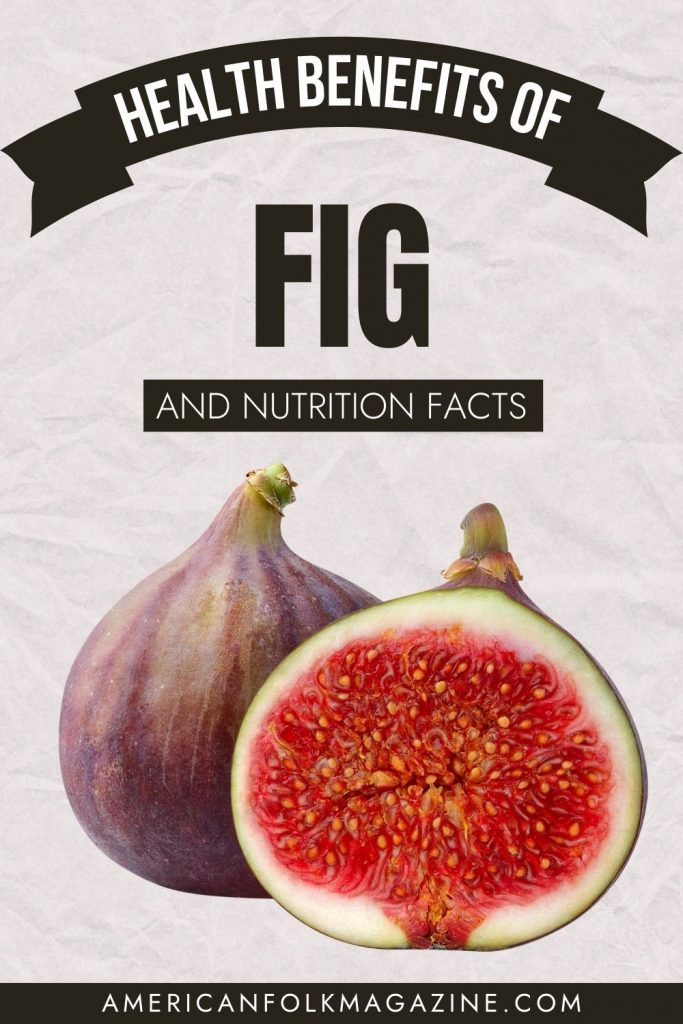Figs are a delicious fruit that not only taste great but also offer a range of health benefits. They are rich in fiber, which can aid in digestion and help prevent constipation. Figs also contain vitamins and minerals such as vitamin A, vitamin K, potassium, and magnesium, which are important for overall health.
In addition, figs are a good source of antioxidants, which can help protect the body from oxidative stress and reduce the risk of chronic diseases. Studies have shown that the antioxidants in figs may help lower inflammation and improve heart health.
Fig Nutrition Information
Nutritional Value of Figs
One medium-sized fig (about 50 grams) contains approximately 37 calories, making it a low-calorie snack option. Figs are also a good source of carbohydrates, providing around 9 grams per serving. They are naturally fat-free and cholesterol-free, making them a healthy choice for those looking to maintain a balanced diet.
Figs are also a good source of fiber, with one medium fig containing about 1.5 grams. Fiber is important for digestive health and can help keep you feeling full and satisfied. Figs also contain small amounts of protein, making them a good option for those looking to increase their protein intake.
Ways to Enjoy Figs
There are many ways to enjoy figs in your diet. You can eat them fresh, dried, or even roasted. Figs can be added to salads, yogurt, oatmeal, or smoothies for a sweet and nutritious boost. They can also be used in baking recipes or as a topping for desserts.
When choosing figs, opt for fresh or dried varieties without added sugars or preservatives. Look for figs that are plump and soft to the touch, as this indicates ripeness. Enjoy figs as part of a balanced diet to reap the many health benefits they offer.
